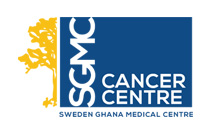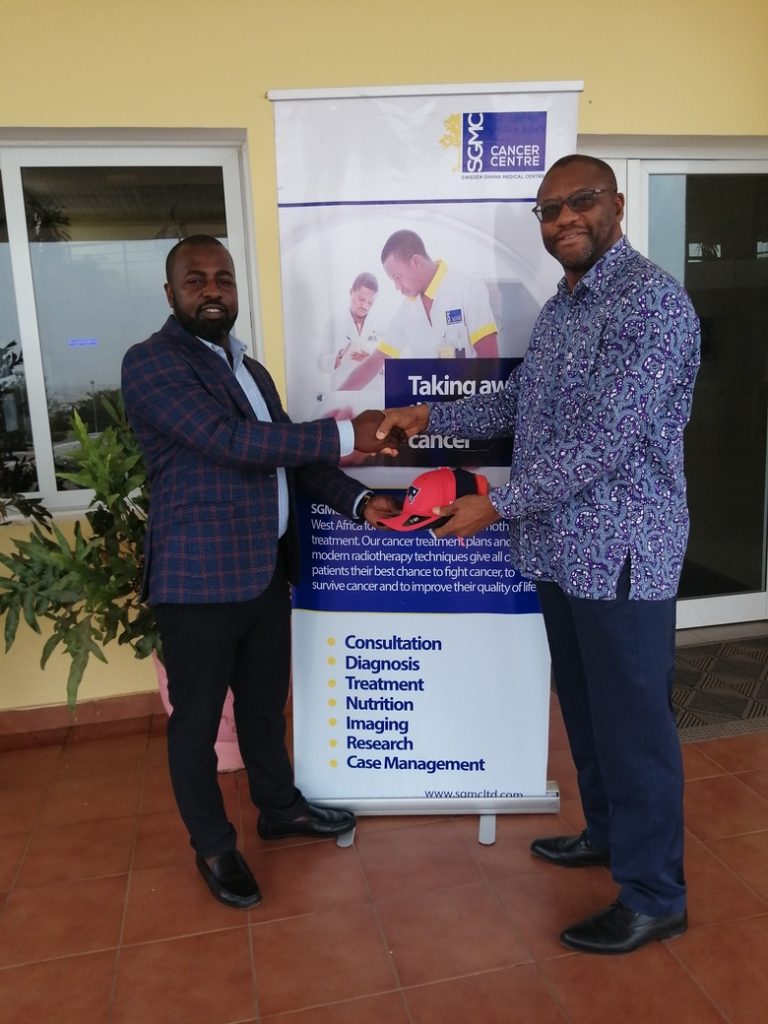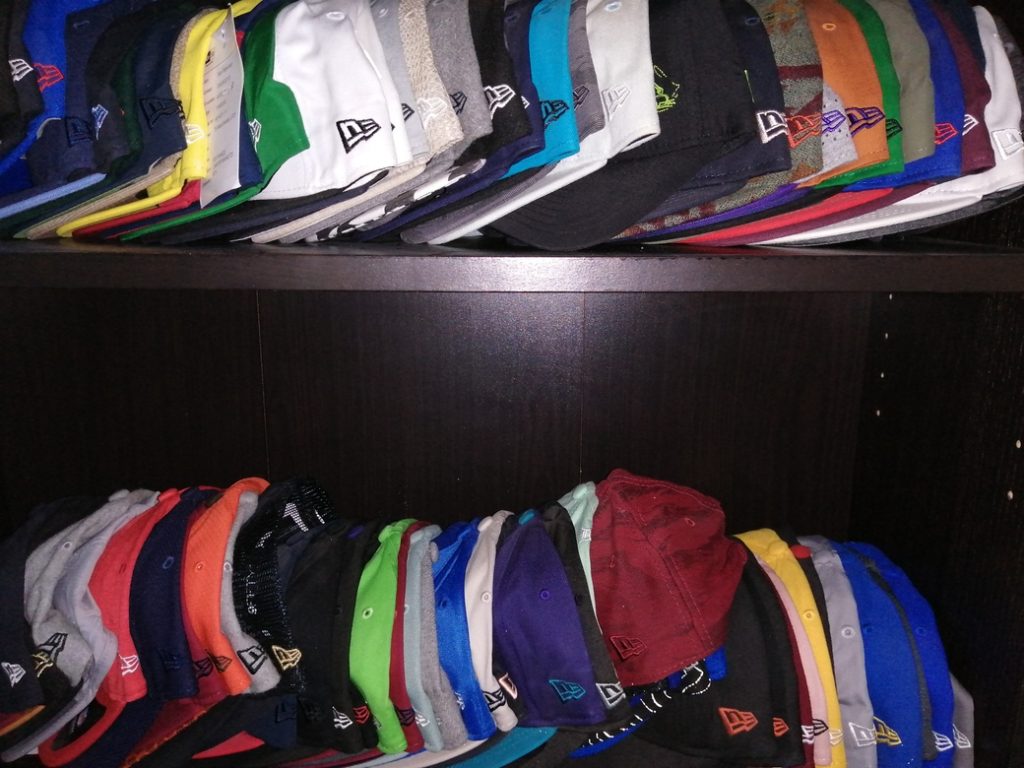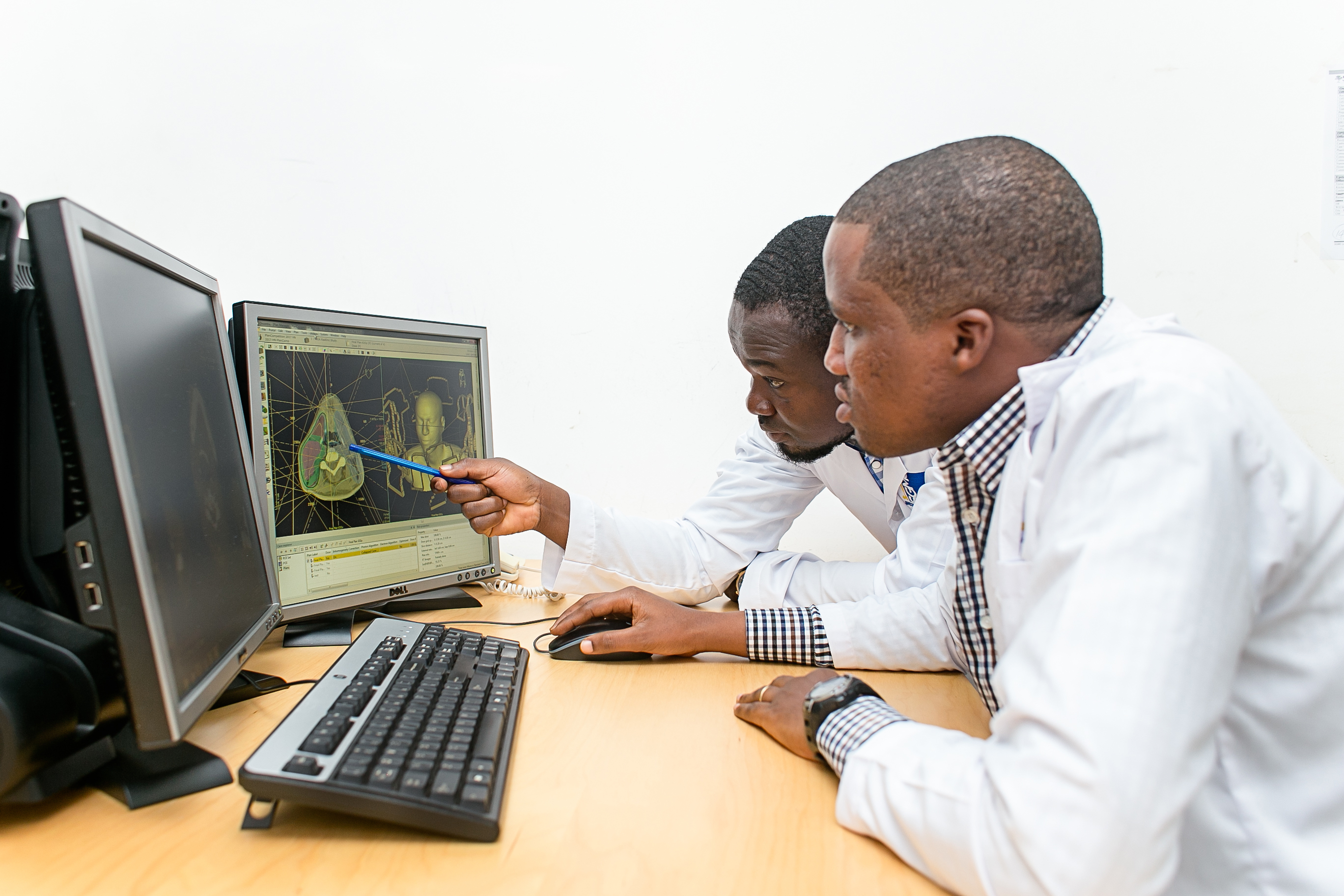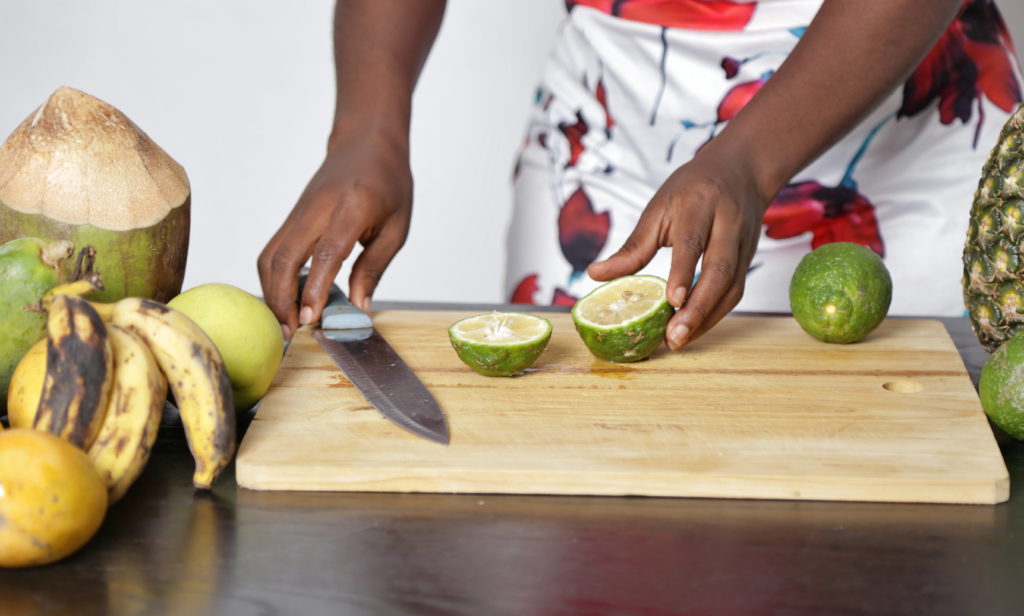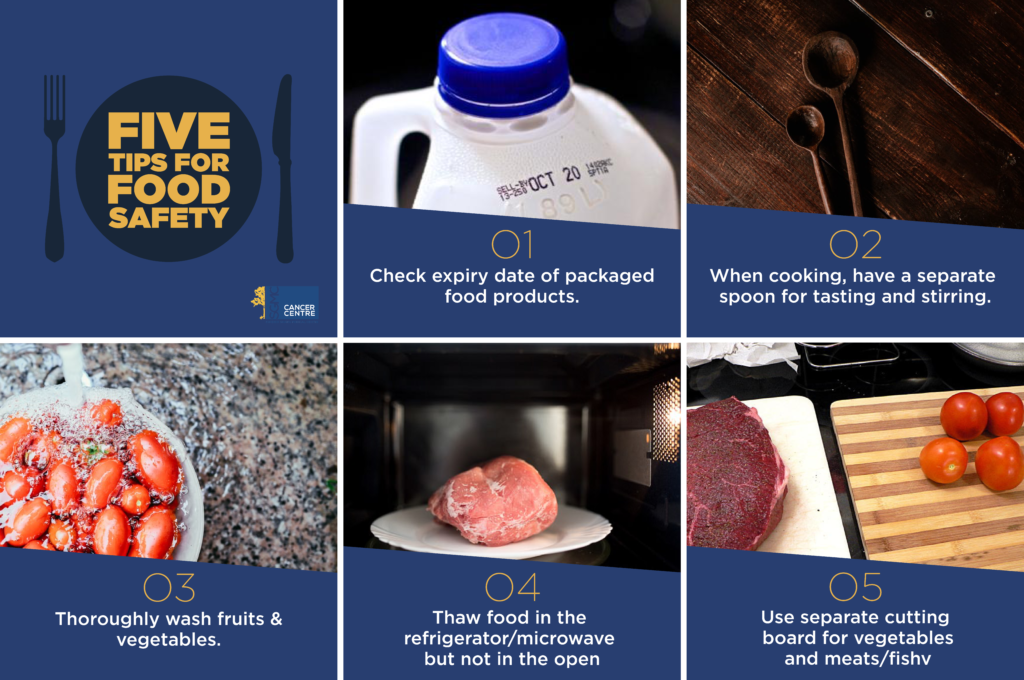Help us keep safe from the COVID-19 Virus
At this time, everyone is worried about the corona virus and how we can prevent its spread across Africa. SGMC wants to make sure that we keep our patients as safe as possible. For that reason, as from 16 March 2020 we have introduced additional admission procedures when patients come for appointments or treatment.
We have four stages of entry:
- Phone enquiries. All people who would like to make enquiries are requested to call our Reception, where we will answer your questions about your travels, your level of exposure, and whether you display certain symptoms. Thereafter we will schedule an appointment for you to limit the time you have to spend in the clinic. Our phone numbers are +233 262 253 328 and +233 201 409 403.
- Gate arrivals. Our security staff will do an initial assessment when you first arrive at the medical centre. They will also use a handheld temperature reader They will ask you some questions and will also check with any people who are with you in your group. From there you can proceed to the clinic parking lot or entry area.
- Clinic entry. We have a washstand set up at our clinic entry. Please take a few moments to wash your hands with soap and water before approaching the entry desk. Here you will be greeted by a clinic team member. This person will ask you more detailed questions about to find out your level of risk. You will receive information about how you can better protect yourself from the virus. We will also ask you to follow certain processes that will help us keep our environment protected from exposure.
- Reception desk. Please make sure you have all your contact information available for the front desk. It is very important that we have your correct phone numbers and the address of where you are staying, as well as your residential address. The receptionist will explain where you should sit and when you will see the doctor. While you are in reception, please limit your movement. If you use the water dispenser or go to the washroom, please remember to wash your hands or use the sanitizers BEFORE and AFTER.
Quarantine Process. Any patients or guests who are screened and determined to be high risk will be placed in a special quarantine area. This will allow us to deliver services in a more protected environment where we can minimize the risk of exposure for everyone. SGMC is well-equipped to handle risk cases, and we have stringent disinfection processes and high-risk treatment protocols to ensure we maintain a safe and healthy treatment centre.
If we work together, we can prevent the spread of the virus. We appreciate your help and patience as we do our best to maintain a safe and infection-free environment for our employees, our patients, their families and their friends. Let’s support Ghana and fight infection rates!
